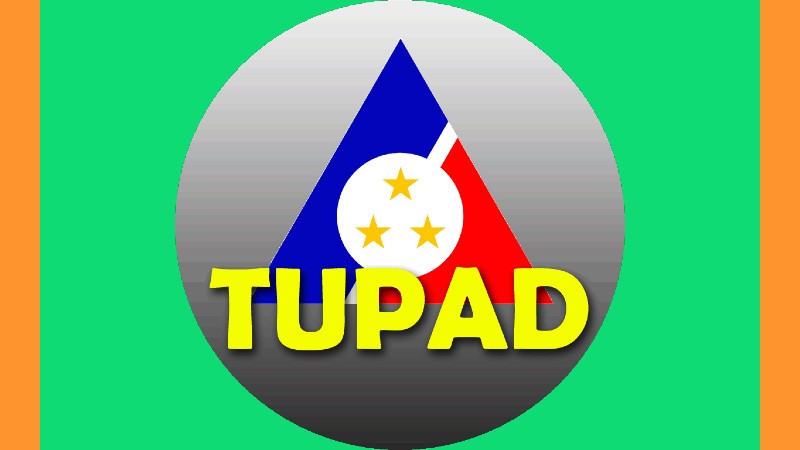BONTOC, Mountain Province – Human rights issues in the province shall be the main issue when a group of human rights advocates gather for a dialogue here at the capital town on August 16.
Coordinated by the regional Commission on Human Rights Office, it is a series of nationwide interchange to discuss human rights updates and problems that may eventually result to an improved situation where the relationship of the government’s security forces, the local communities, and civil society groups shall be enhanced.
It likewise provides a venue where the peace keeping forces of the government and civilians shall exchange information on their efforts to promote and protect human rights.
Provincial governor Bonifacio Lacwasan, Jr. said the activity is a welcome development with the present peace and order situation in the province. At least two encounters were recorded recently between the New People’s Army and the government forces resulting to the death of at least four and the wounding of 13 others from the government side. Casualties from the communists’ group remain unknown as no reports had reached the public except the acknowledgement that those involved are members of the NPA.
Aside from the casualties, there were reported instances of human rights abuse. These are expected to be brought out during the dialogue as leaders of various cause-oriented groups have signified their participation. “This will be good for our people because this early, we could solve issues that may had cropped up,” Lacwasan said.
Aside from the police and army, invited to attend the dialogue are members of civic organizations, local media, human rights groups, barangay chair of selected barangays of Sadanga, Besao and Sagada. The mayors of the three municipalities were also given invitation.
In a related development, the provincial government has approved in principle the conduct of community service in selected barangays of Besao by the Philippine Army. With the approval, an army team shall be dispatched to the identified barangays and help the constituents avail of the poverty alleviation programs of national agencies.
Provincial government offices will also help the army during the preparation stages particularly in the skills training the community people and during the identification of needs that shall be addressed.
In his presentation to the provincial governor, LTC Charles Castillo, commanding officer of the 81st IB which has jurisdiction over the municipalities of Besao and Tadian said that the community immersion program is not militarization but rather a scheme whereby the needs of the people would be properly documented and be given possible prescription.
Castillo said that the program has the support of local officials.
By ABB














